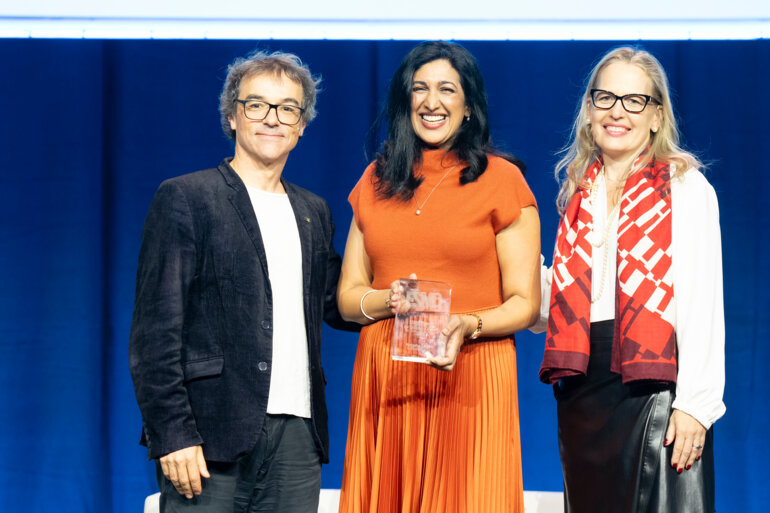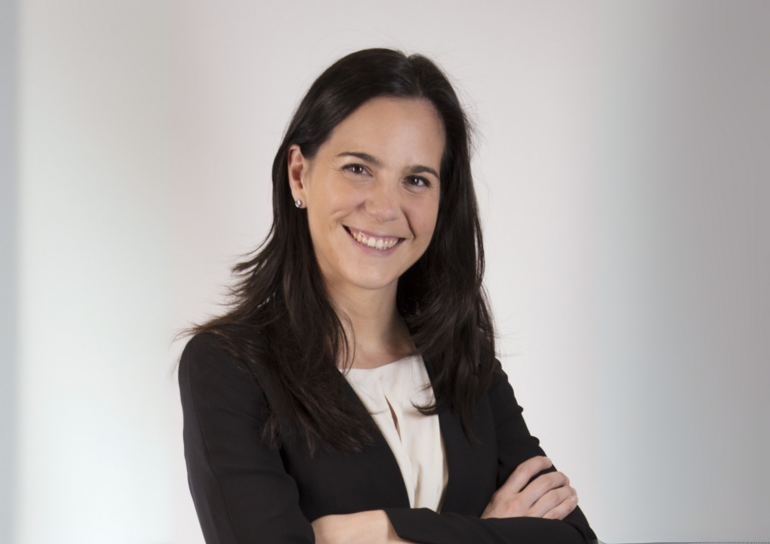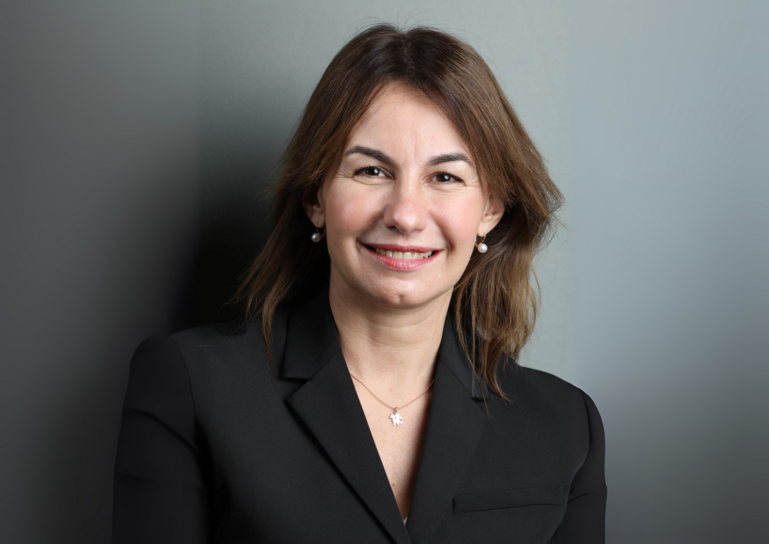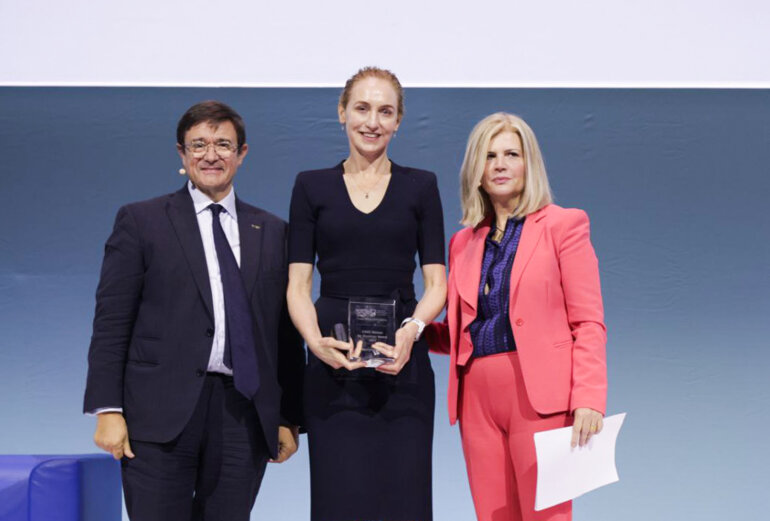In a video series produced by the ESMO Women for Oncology, Solange Peters reflects on her career and the leadership challenges she has faced
Career achievements often come with their own set of challenges, and for women, these can take different forms compared to their male counterparts. To explore how female oncology leaders have navigated these experiences to reach top-level positions, the ESMO Women for Oncology (W4O) has produced a video series to inspire and empower the next generation of professionals by sharing authentic stories of leadership. In the first episode, Prof. Jarushka Naidoo, Beaumont RCSI Cancer Centre, Dublin, Ireland, and member of the W4O Committee, dialogues with Prof. Solange Peters from CHUV in Lausanne, Switzerland.
What drew you to oncology as a field? And how do you think leadership is important in this field?
My journey was one of someone who grew up in an environment where societal and political considerations were the priority. My two parents were physicians, but they always mixed medicine with political aims in a quite left-sided position: equity, accessibility and underdeveloped or low-middle income countries politics. As a teenager, I faced the wave of HIV, and my career started with a mix of politics for drug users, HIV, and research. So, I studied medicine and biology in parallel, doing a thesis about the mechanisms of resistance of HIV viruses to current therapies. When I finished my PhD, acquired immunodeficiency syndrome had become a chronic disease, so the wave of death and all the horrible things we had been seeing had gone. Then, if you think about mixing what I knew at that time, which was medicine and biology, and the unmet needs, I think oncology was – and it is still, probably – the best discipline to focus on. That is why I chose it and then I decided to pursue leadership roles. Having a certain degree of leadership makes you really committed, creates the opportunity to be inventive and also to be surrounded by people who have the same aim. You need a bit of leadership if you really want to change the environment in which you work and offer new solutions.
In your experience, how lonely is the leadership role? How have you navigated that sense of being a little bit isolated and knowing who or when to trust or bring certain people with you?
We are a bit lonely – that is for sure – and we need to support each other. We are lonely because we are few, and sometimes we feel that if we are few, we have to protect ourselves by excluding other women. That is not the solution: the only leverage of strength is being together. Loneliness can be compensated with two things: first of all, women in oncology have to find people they can trust at top positions at the hospital; and secondly, they have to remember that they can compose their team. Your team is the most important thing and reflects who you are, people in it should share the same values and you should be able to count on them, whatever happens.
What aspects should one consider to achieve leadership positions?
I think one is the ability to find good sponsors – i.e., people who can teach you, who can give you opportunities, who can potentially also promote you. The second thing is courage. Women may receive lots of negative input – you are too demanding, you are difficult, you are insisting, you are persisting because of the stereotypes. I think it helps to think that negative feedback happens, but it does not impact the future. The third thing is dealing with guiltiness. We all feel guilty as women because the society tells us we are supposed to be super housewives and wonderful mums, organising birthdays with superb cakes, and so on, and we simply do not. I remember Dr Frances Shepherd, the 2017 ESMO Women for Oncology award recipient, telling that a woman can do anything, but cannot do everything. At some point we choose we want to be either doctors or housewives, but we cannot be both. And I am convinced the first choice is a good one, but you need to be convinced.
The fourth thing is overcoming the imposter syndrome. I meet women having experienced the feeling of imposter at least once in a life. I do not know where it comes from, but this is something you have to eliminate from your mind not because trying to be better is irrelevant, but because it is a waste of energy.







